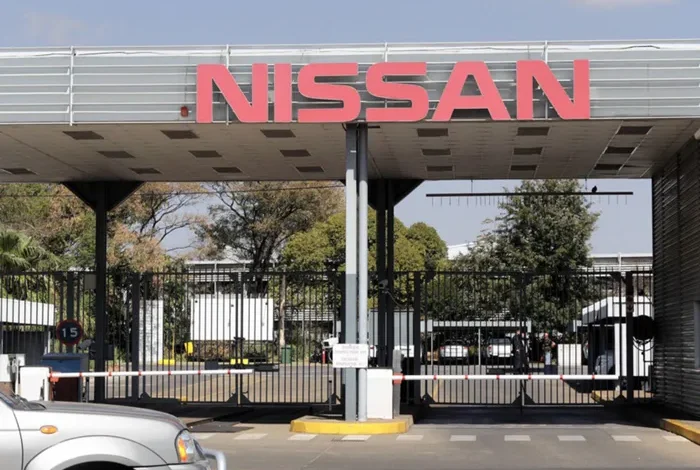What the Closure of Nissan Rosslyn Plant Means for South Africa’s Auto Industry

The potential closure of Nissan’s Rosslyn plant in Pretoria marks a significant turning point for South Africa’s automotive sector. As part of Nissan’s global restructuring plan, the company aims to reduce its manufacturing footprint from 17 to 10 plants by 2027, with Rosslyn among the facilities under review . This development carries profound implications for employment, local manufacturing, and the broader automotive ecosystem.
ALSO READ: India Begins Pre-Production of New Nissan SUV for South Africa
A Legacy Under Threat
Established in 1966, the Rosslyn plant has been a cornerstone of South Africa’s automotive industry. Over the years, it has produced various models, including the NP200 bakkie and, more recently, the Navara pickup. However, the discontinuation of the NP200 in March 2024 left the plant underutilized, relying solely on Navara production . Plans to introduce an SUV alongside the Navara were considered but ultimately shelved due to global strategic shifts.
Economic and Employment Impacts
The Rosslyn plant currently employs approximately 1,600 workers. The cessation of NP200 production has already led to the retrenchment of about 400 employees, accounting for 25% of the workforce . A complete shutdown would not only affect direct employment but also have ripple effects on suppliers, logistics providers, and other stakeholders in the automotive value chain.
Moreover, the plant’s closure could impact South Africa’s position as a manufacturing hub. The automotive industry contributes significantly to the country’s GDP and is a major source of exports. Reducing local production capacity may weaken South Africa’s competitiveness in the global automotive market.
Strategic Shifts and Global Pressures
Nissan’s decision aligns with its broader strategy to streamline operations and focus on key markets. The company has faced substantial financial challenges, reporting an R82.2-billion revenue loss for the 2024 financial year . By consolidating manufacturing in more profitable regions, such as Thailand, Nissan aims to enhance efficiency and profitability.
Additionally, geopolitical factors have influenced Nissan’s global operations. The planned replacement for the NP200 was to be built on a platform developed in Russia. However, the geopolitical situation in Russia rendered this plan unviable, contributing to the challenges faced by the Rosslyn plant .
Future Prospects and Industry Response
Despite the challenges, Nissan South Africa remains committed to the local market. The company has announced plans to introduce new models, including the new Patrol and two SUVs derived from Renault products, expected to arrive in 2026 . These models will be imported, reflecting a shift away from local manufacturing.
The potential closure of the Rosslyn plant underscores the need for strategic planning and investment in South Africa’s automotive industry. Stakeholders, including government and industry bodies, must collaborate to attract new investments, support workforce development, and ensure the sector’s resilience in the face of global challenges.
Really
What did the ANC think was going to happen with their policy implementation?
Thanks for sharing your thoughts. The success or challenges of policies are usually shaped by multiple factors and can vary over time. It’s important to consider the broader context when discussing these issues.